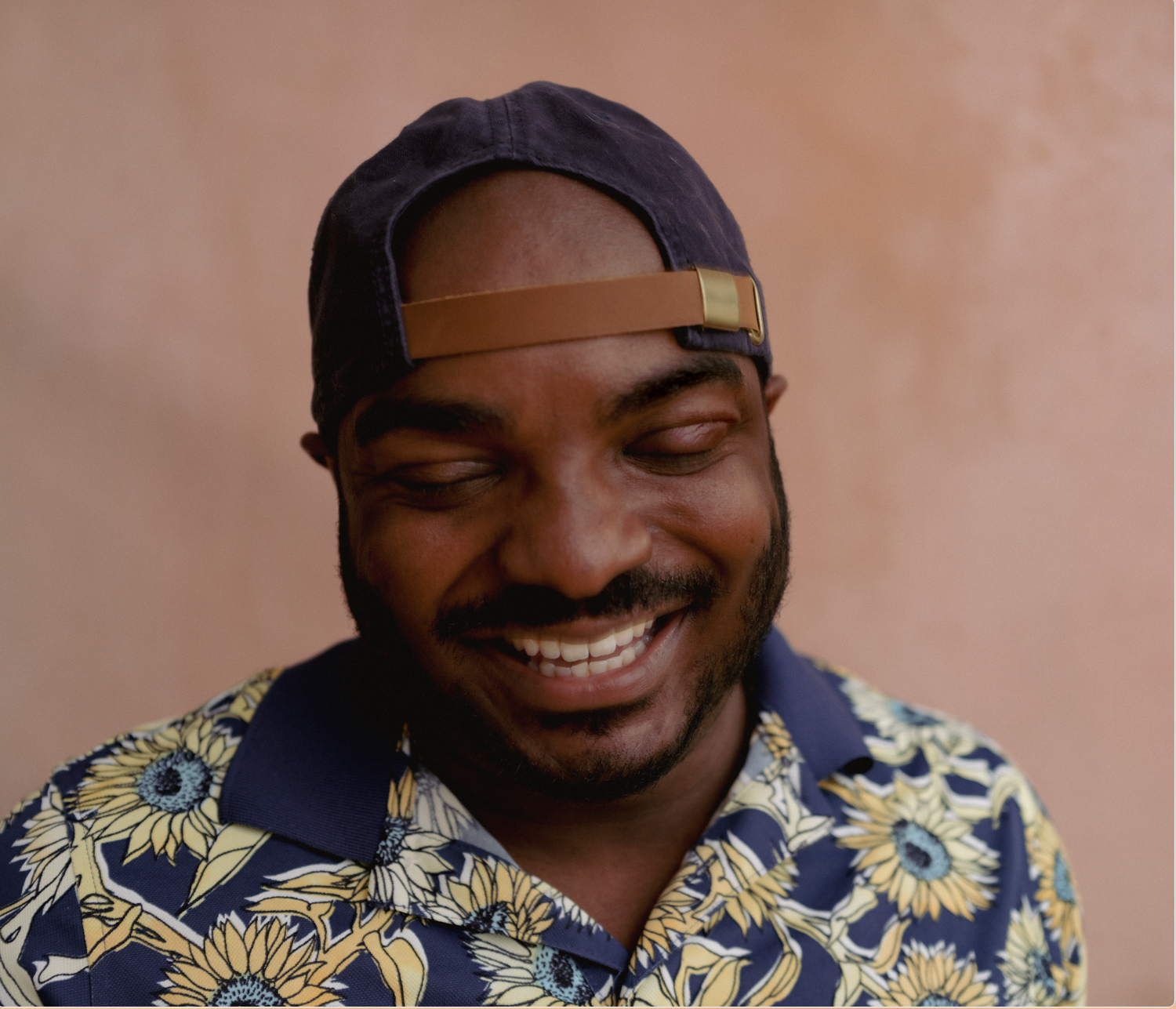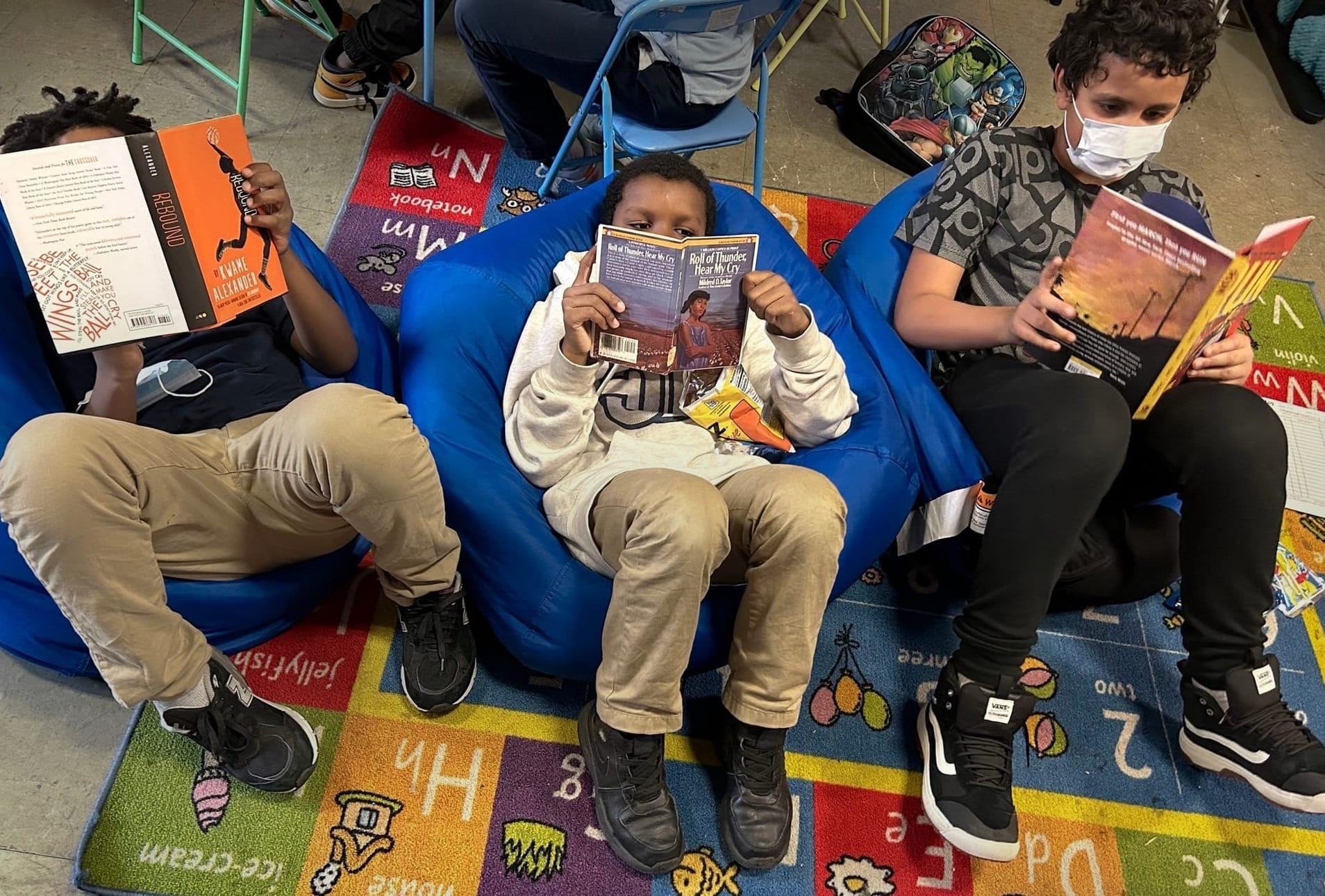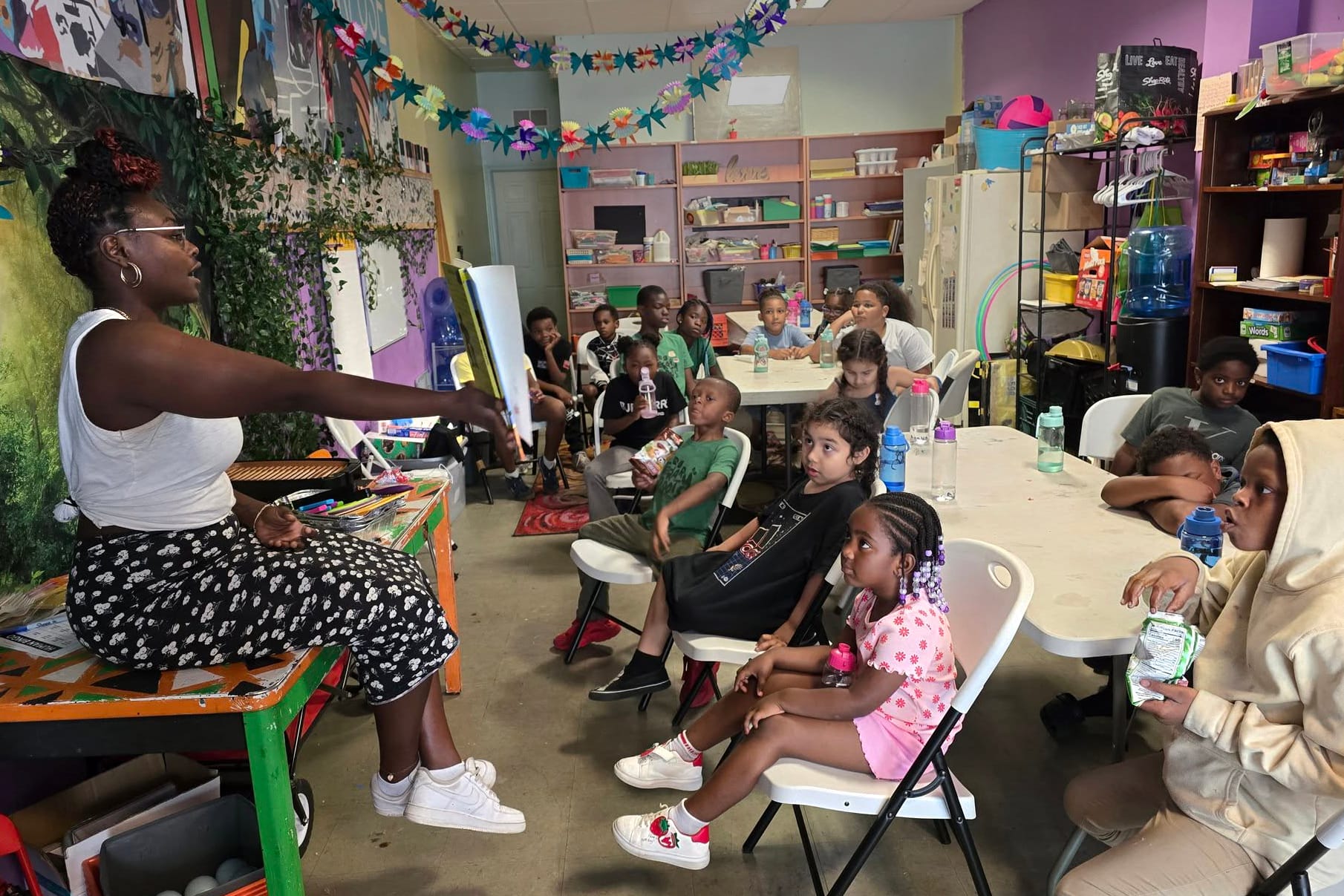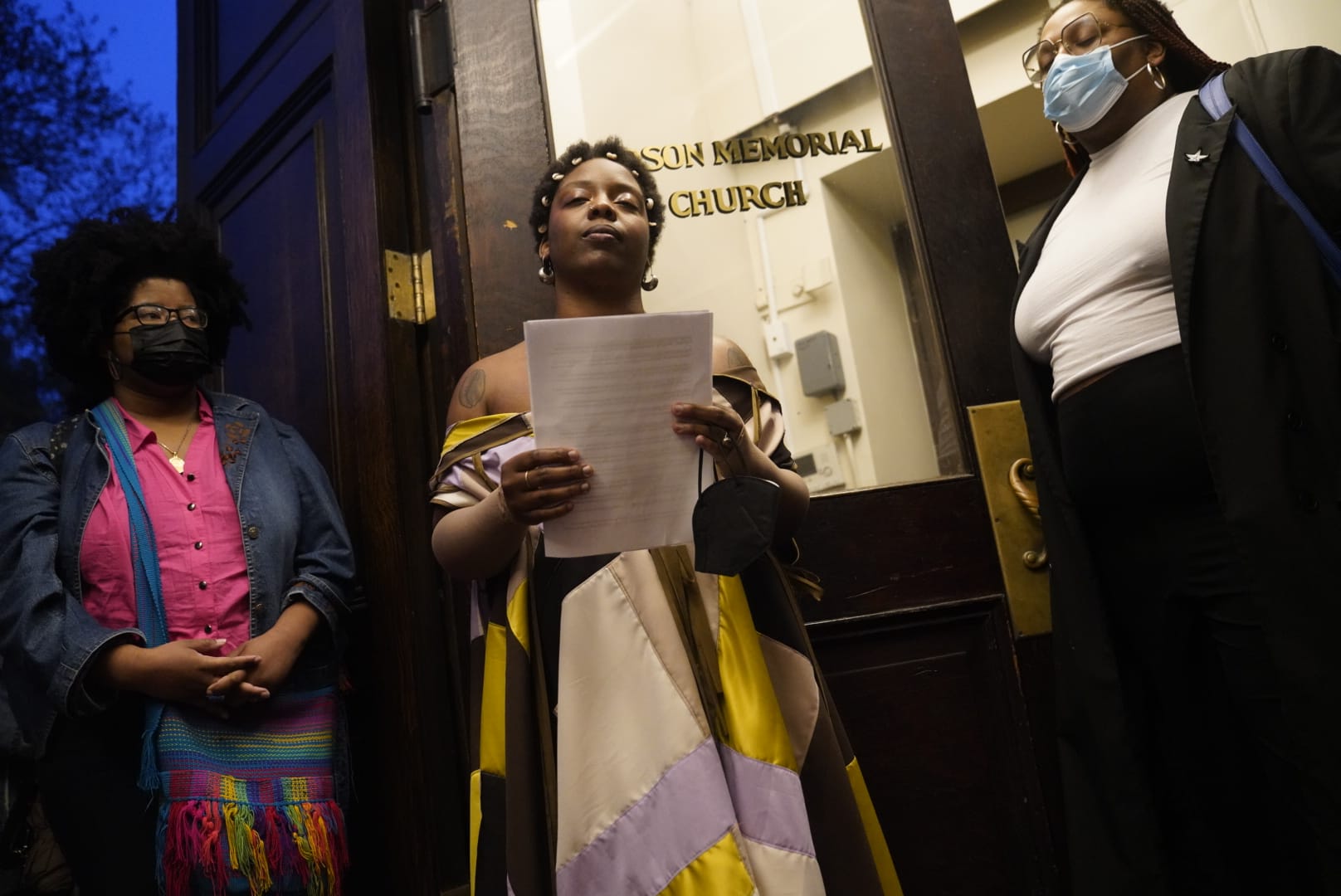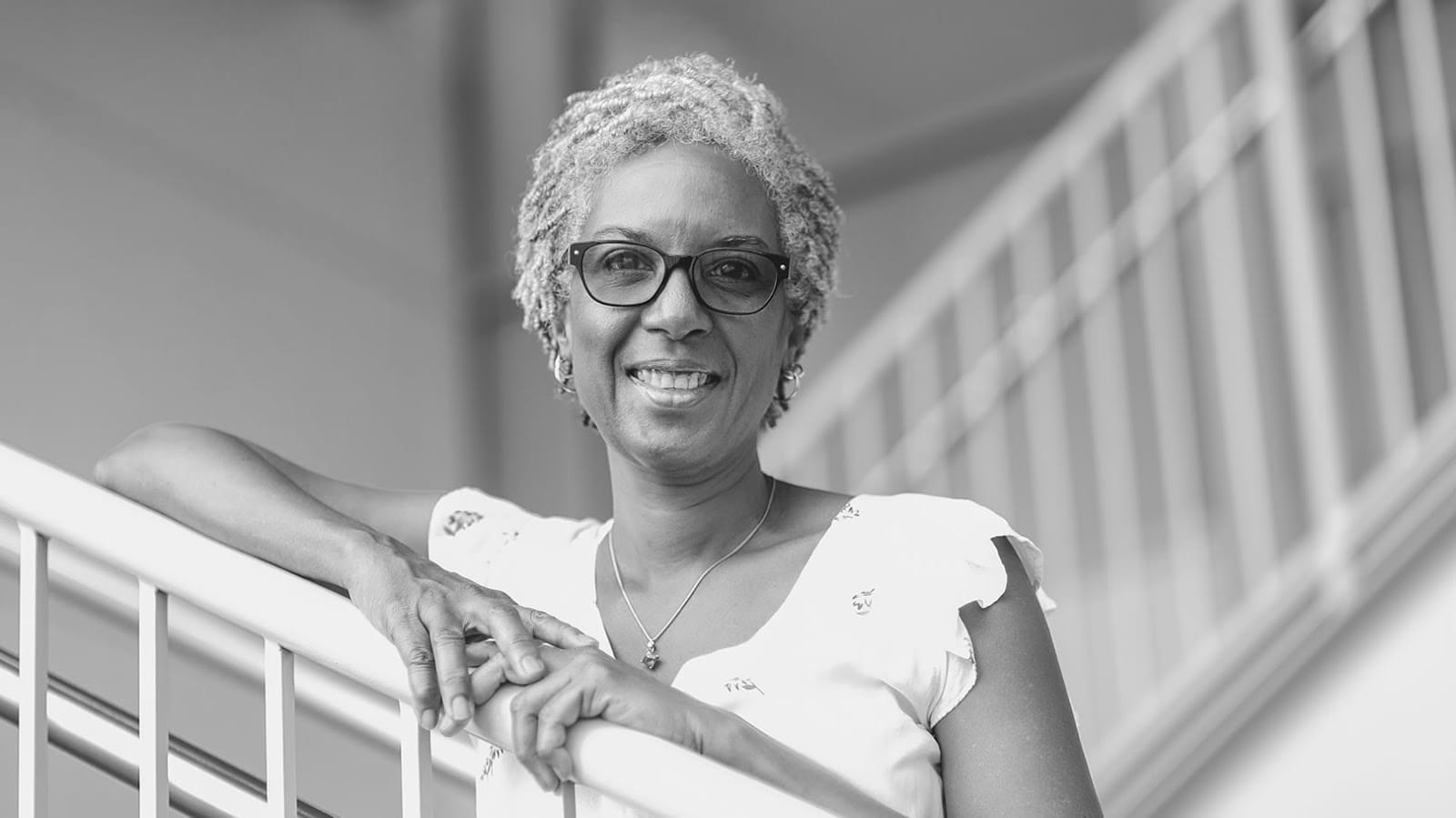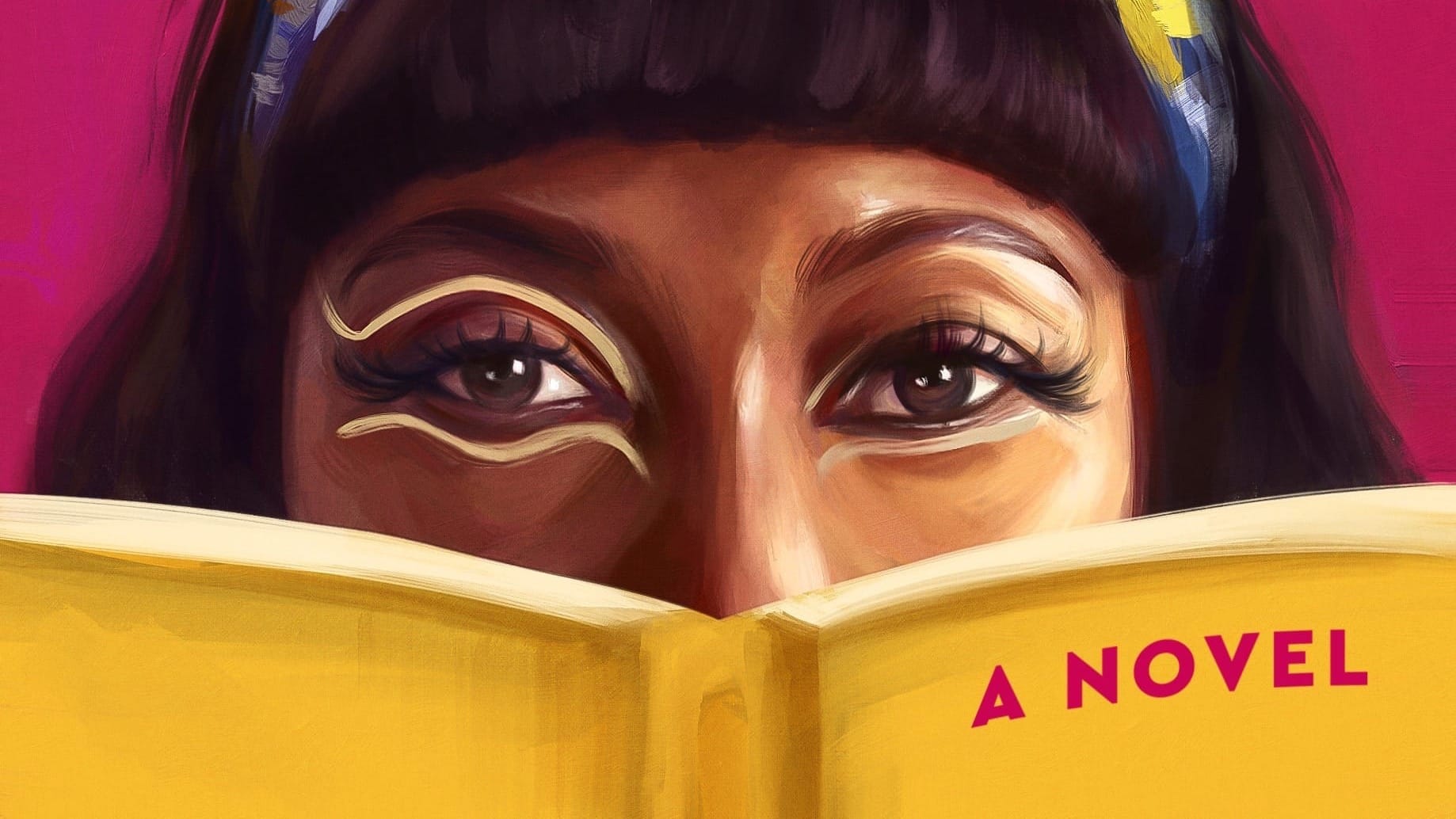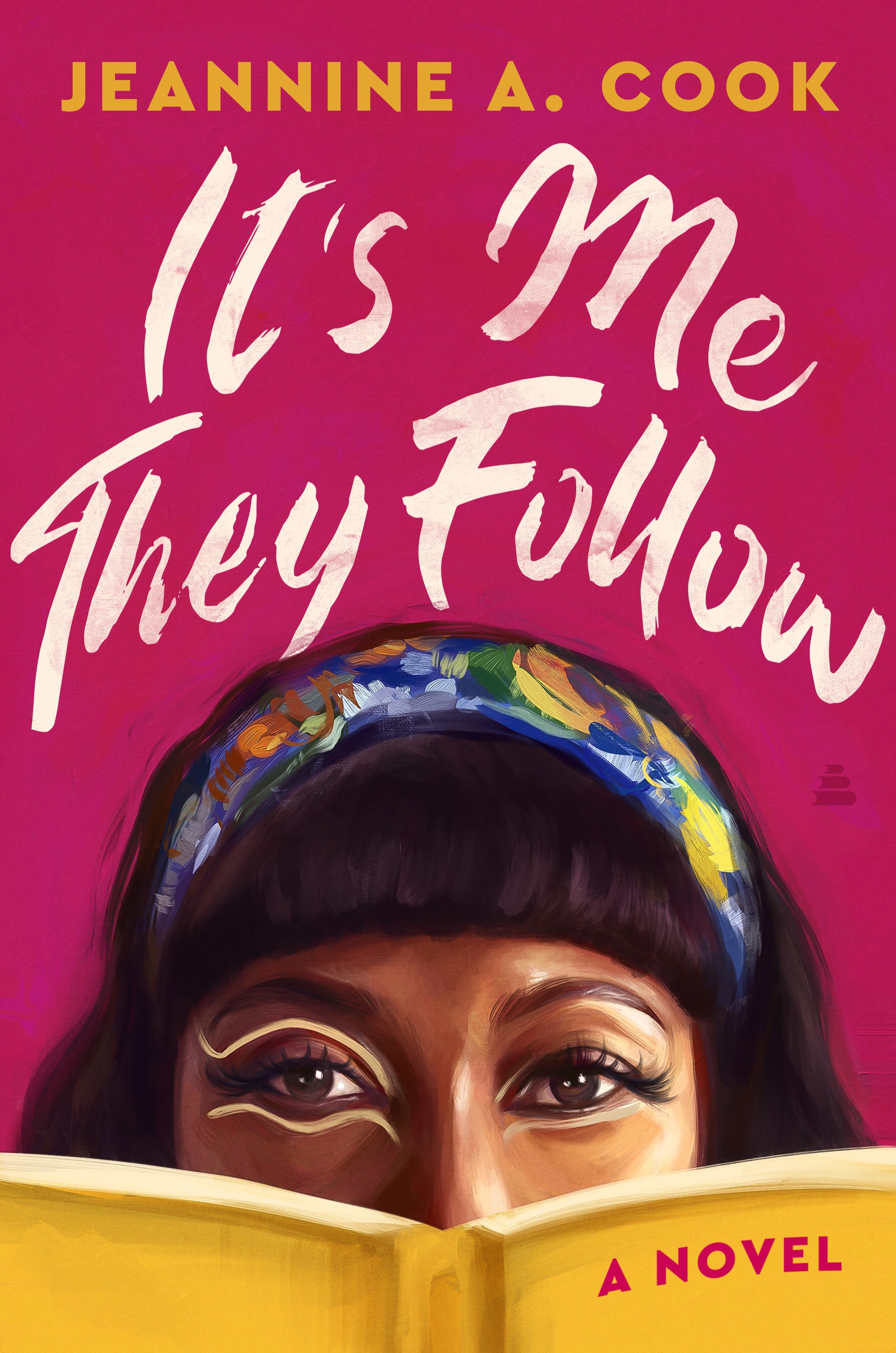Elizabeth “Lizzie” Steiner: Redefining the Harp for the Modern Era
Elizabeth “Lizzie” Steiner is not your traditional harpist. With a career that seamlessly bridges classical, contemporary, and pop music, she has become one of the most sought-after musicians in her field.
Elizabeth “Lizzie” Steiner is not your traditional harpist. With a career that seamlessly bridges classical, contemporary, and pop music, she has become one of the most sought-after musicians in her field. From performing with esteemed ensembles like the Philadelphia Orchestra and Chineke! Orchestra to recording on GRAMMY-winning tracks, Lizzie continuously pushes the boundaries of what the harp can do.
Raised in Seattle in a household steeped in jazz and gospel, Lizzie grew up making mixtapes from the radio and flipping through CDs at Tower Records. Her parents, both radio DJs, exposed her to a kaleidoscope of genres—from Latin jazz to R&B—long before she ever touched a harp.
Lizzie’s musical journey began in Seattle, where she was first drawn to music at a young age. Initially trained in piano, she later discovered the harp, an instrument that would define her artistic identity. Her dedication led her to pursue rigorous training, earning degrees in Music Performance and refining her craft under renowned mentors at Temple University. It was during her time in Philadelphia that she began to carve out her niche, finding ways to blend traditional harp techniques with contemporary musical expressions.
“I think I had only seen it in Disney’s Fantasia... they showed the harp sound as ripples, like when you drop a pebble in water. I still think of it that way,” she recalls. Her early improvisations in middle school—“just jamming for hours with no technique”—would later evolve into a fully realized creative voice.
Her career took off as she embraced collaborations that stretched beyond classical norms. Her ability to adapt the harp’s ethereal sound to various genres caught the attention of artists across the spectrum. This versatility led to collaborations with industry icons such as Stevie Wonder, Tierra Whack, and Moses Sumney, proving that the harp has a place in mainstream and avant-garde music alike.
Lizzie’s creative evolution is deeply rooted in a spirit of exploration. Her harp journey began when a middle school music teacher offered her the opportunity to play the instrument—an unexpected introduction that quickly became a lifelong obsession.
Her versatility truly shines in moments like her performance with The Sinfonietta at the Hollywood Bowl for Barbie the Movie in Concert. Equally groundbreaking was her contribution to the viral Ratatouille: The TikTok Musical during the pandemic—a contactless, rapid-fire recording project that allowed her to work alongside talents like Wayne Brady. “If it’s gonna be through Ratatouille, let’s go,” she laughed.
What began as solo improvisations on a lever harp has grown into a dynamic performance career spanning jazz, pop, and electronic music. During the pandemic, she began livestreaming, taking requests in real-time, and arranging R&B classics by Sade, Solange, and SZA. “I started out playing sheet music someone else had arranged. Then I got tired of that and started arranging the music I actually wanted to play,” she said. These livestreams and her social media presence have connected her to new collaborators, like NYC-based house duo Musclecars, and led to her upcoming solo album—a project that features her own harp interpretations of her favorite R&B tracks.
With influences ranging from gospel and jazz to Detroit house and Afro-diasporic dance music, Lizzie infuses her performances with a depth that challenges genre boundaries. As she puts it, “The harp is super ancient... but you can still make the same chords you'd use in a house track. You put that on a harp, it's gonna go crazy.”
Lizzie’s dedication to music education is exemplified through her role as a Teaching Artist with the Lyra Society, a nonprofit organization founded in 2004 by Philadelphia Orchestra principal harpist Elizabeth Hainen. The Lyra Society aims to introduce the harp to underserved students in Philadelphia, providing free professional instruction and access to quality instruments. Over the years, the organization has offered free harp lessons to Philadelphia public school students, ensuring that the music continues despite challenges.
In response to the COVID-19 pandemic, Steiner and her colleagues swiftly transitioned to virtual instruction, ensuring that students could continue their harp lessons uninterrupted. They coordinated the retrieval and delivery of harps to students' homes, enabling 17 students to receive one-on-one instruction via Zoom. “Some students I literally started in the pandemic on Zoom,” she shared. “Normally when you start someone on the harp it’s very hands-on... but we all made it work.”
Steiner’s commitment to her students and the Lyra Society's mission highlights her belief that classical music should be inclusive and accessible. “We’re not trying to make a fleet of harpists —we’re trying to create opportunities,” she explained. “I had it in my school, and if that harp and teacher weren’t waiting for me, I don’t even know if I’d be playing.” That cohort of students she began teaching in 2020? “They’re all in college now—on scholarship. I’m so proud of them.”
Whether she’s performing at New York Fashion Week, arranging innovative compositions, or collaborating on cutting-edge music projects, Lizzie Steiner continues to redefine what it means to be a harpist in the 21st century. She navigates effortlessly between tradition and experimentation, proving that reinvention is not only possible but essential in keeping music alive and relevant.
Her upcoming solo album features harp arrangements of R&B staples from artists like Beyoncé, Solange, Sade, SWV, and Snoh Aalegra. “It’s a love letter to the music that raised me,” she said. “The playlist I had in rotation—I just arranged it for harp.” In an industry that often favors the conventional, Lizzie Steiner stands as a beacon of innovation.
Through every performance, collaboration, and educational initiative, she reshapes the harp’s role in modern music—ensuring that its resonance extends far beyond the concert hall and into the future of contemporary sound.
